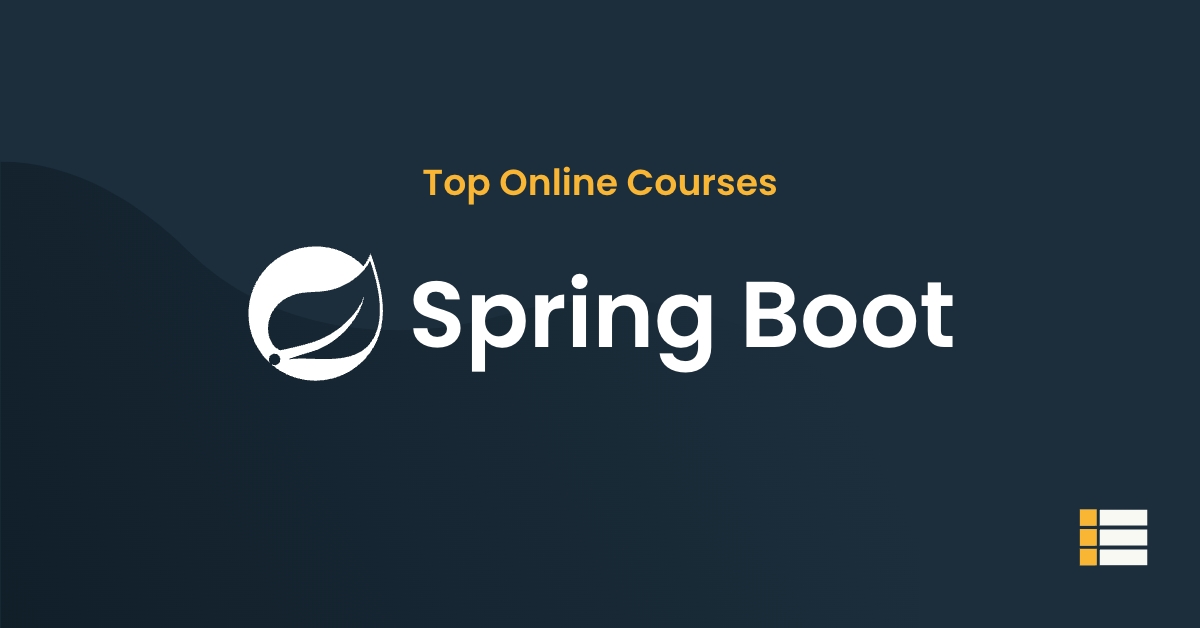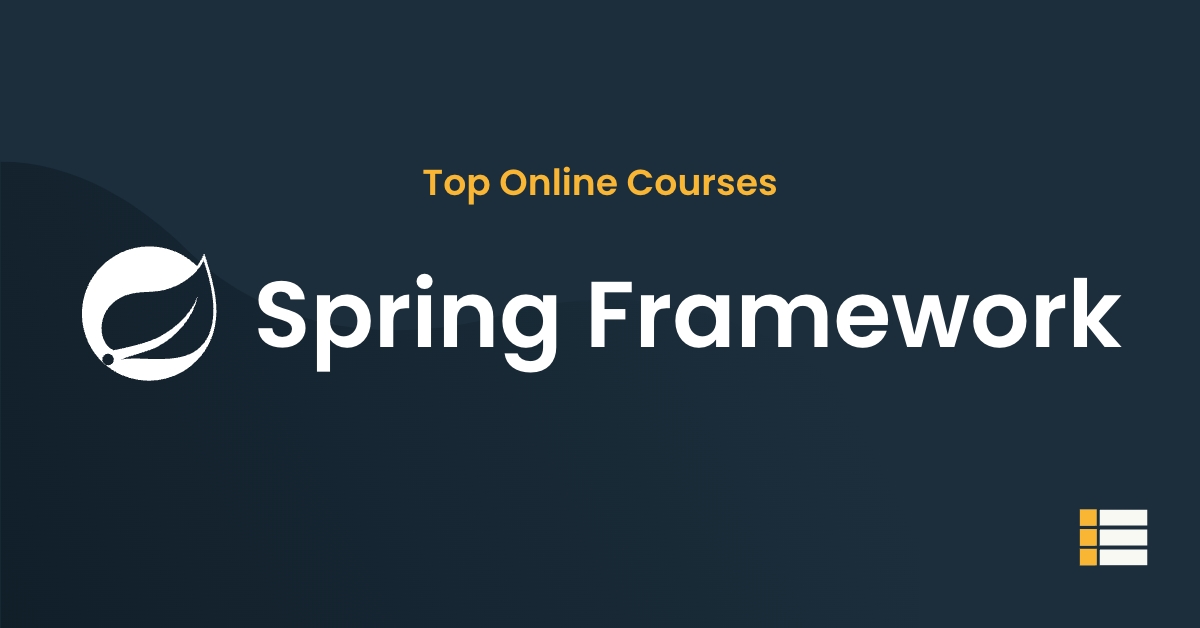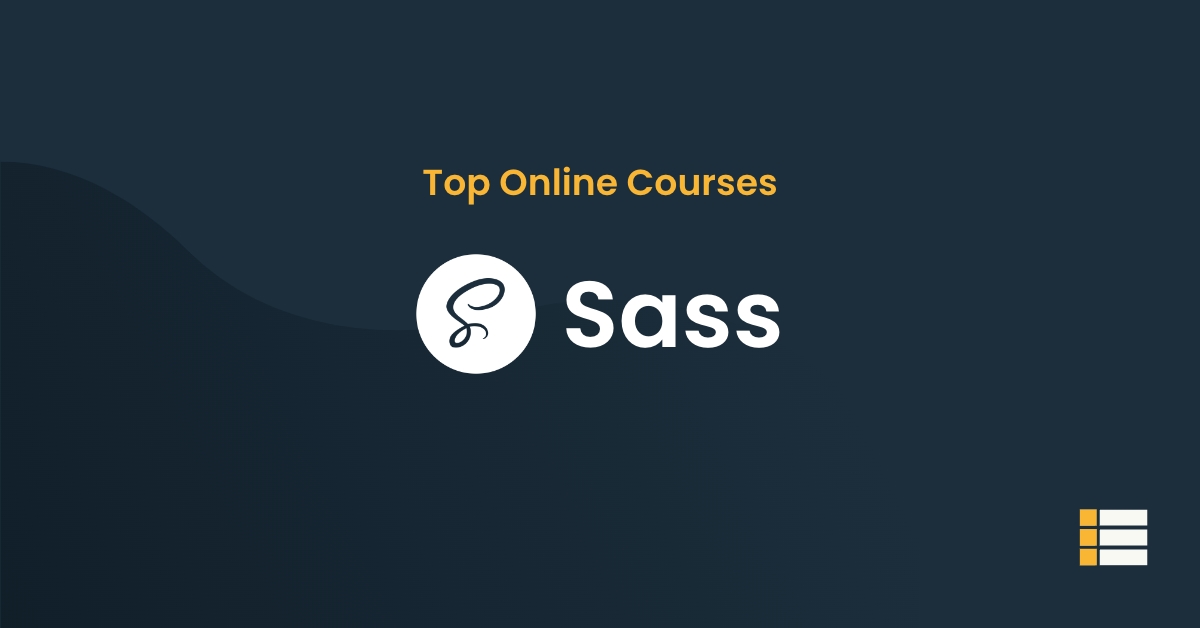Whether you want to get started in web development or you’re looking to build on your existing skills, learning Node.js is a great way to do it.
And with so many resources available online, there’s no excuse not to.
In this article, we’ll share some of the best places to learn Node.js online, so you can get started on your journey to becoming a Node.js pro.
Table of Contents
Learning Node.Js Online: A Student’s Guide
Why you should learn NodeJs?
In the current technological landscape, Node.JS has become an increasingly popular choice for backend development.
Node.JS is a JavaScript runtime environment that allows developers to build scalable network applications quickly and efficiently.
Node.JS applications are written in JavaScript (if you need to learn javascript, see our list of javascript courses) and can be run on any platform that supports JavaScript, making it an ideal choice for cross-platform development.
There are many reasons to learn Node.JS, but some of the most popular reasons include its scalability, efficiency, and versatility.
- Scalability: One of the biggest benefits of Node.JS is its scalability. Node.JS applications are built on a non-blocking event-driven architecture, which makes them lightweight and efficient. This architecture makes it easy to scale Node.JS applications to meet the demands of high-traffic environments.
- Efficiency: Node.JS is also an efficient choice for backend development. Node.JS applications are written in JavaScript, which is a concise and interpreted language. This means that Node.JS applications are generally more efficient than applications written in other languages, such as Java.
- Versatility: Node.JS is also a versatile runtime environment. In addition to being able to run on any platform that supports JavaScript, Node.JS applications can also be run on a variety of operating systems, including Windows, Linux, and macOS. This makes Node.JS an ideal choice for developing cross-platform applications.
- It’s relatively easy to learn. Node.js is a great choice for beginners because it’s relatively easy to learn. If you have experience with JavaScript, you’ll be able to pick up Node.js quickly. And since Node.js is based on JavaScript, you’ll be able to use your skills in other frameworks as well.
- It’s in demand. According to the latest Node.js User Survey, 82% of respondents said they were using Node.js in production, and 88% said they were planning to use it in the future. This means there’s a high demand for Node.js developers.
Your First NodeJs Program
Assuming you have Node.js installed, create a file named “helloworld.js” and type the following into it:
console.log('Hello, world!'); Save the file, then in your terminal or command prompt, type “node helloworld.js” to run the program.
You should see the output “Hello, world!”
To get a bit more practice, let’s create a simple web server using Node.js. In a new file called “server.js”, type or paste the following code:
var http = require('http'); http.createServer(function (req, res) { res.writeHead(200, {'Content-Type': 'text/plain'}); res.end('Hello, world!'); }).listen(8080);Save the file, then in your terminal or command prompt, type “node server.js”. This will start the web server on port 8080.
Now, if you visit http://localhost:8080/ in your web browser, you should see the message “Hello, world!”
There are many more things you can do with Node.js – this is just a simple introduction to get you started.
Frequently Asked Questions
How can I learn Node JS Online?
If you want to learn Node.js, there are a few options. You can find some good books on Node.js, such as "Node.js in Action" and "Getting Started with Node.js". You can also find some good online courses, such as "Learn Node.js from Scratch" and "Node.js for Beginners".
Can I learn Node JS in 2 days?
No, you can't learn Node JS in 2 days. It's a powerful tool and takes time to learn and master.
Is it worth learning Node JS?
Node.JS is a JavaScript runtime environment that allows you to build server-side applications with JavaScript. It is worth learning Node JS because it is a popular runtime environment that is used by many companies, including Netflix, PayPal, and LinkedIn. It is also used by a lot of startups because it is lightweight and easy to learn. In addition, Node.JS has a lot of features that make it a good choice for building web applications, such as a built-in debugging tool and a package manager.
Is Node JS easy to learn?
Node.js is relatively easy to learn, especially if you have experience with JavaScript. The key to learning Node.js is understanding how the JavaScript runtime works and how Node.js can be used to create scalable network applications. Once you understand these concepts, you'll be well on your way to becoming a Node.js developer.
How long will it take to learn Node JS?
Although the answer may vary depending on the person, it generally won't take too long to learn the basics of Node JS. After getting familiar with the syntax and some of the core concepts, you should be able to start building basic applications within a few days. However, keep in mind that there is always more to learn, and you may want to spend some time exploring more advanced concepts and features.
Is Node JS better than Python?
While there are similarities between Node.js and Python, there are also important differences. Node.js is built on the V8 JavaScript engine, while Python is an interpreted language. Node.js is single-threaded, while Python has multiple threads. Node.js is faster than Python when it comes to speed and performance.
Can I get a job if I learn Node JS?
Yes, you can get a job if you learn Node.JS. There are many opportunities for developers with skills in Node.JS.
Node.JS is a popular technology and there is high demand for developers with skills in this area. There are many job postings for Node.JS developers on job sites and many companies are looking for developers with this skill set.
If you learn Node.JS and gain experience with this technology, you will be able to find many good job opportunities.
What is NodeJS used for?
Node.JS is used for a number of things, most commonly as a web server. Node.JS is asynchronous, meaning that it can handle multiple requests at the same time without blocking. This makes it ideal for handling large amounts of traffic. Other uses for Node.JS include creating desktop applications and working with databases.
Is NodeJS frontend or backend?
In general, Node.js is used for backend development, but it is also possible to use Node.js for frontend development.
Node.js is a JavaScript runtime that allows you to run JavaScript code on the server. Node.js is used for backend development because it can handle requests from the frontend and send responses to the frontend.
Node.js is also used for frontend development because it can be used to create user interfaces and to interact with the user. Node.js can be used to create single-page applications that load data from the backend and display it on the frontend.
Is NodeJS a programming language?
Node.JS is not a programming language, but rather a runtime environment that allows you to execute JavaScript code on the server side. While you can write server-side applications in Node.JS using JavaScript, it is not limited to that language and you can use other languages as well.
Conclusion
Node.js is a powerful tool for building fast, scalable network applications. With its asynchronous event-driven architecture, Node.js is perfect for real-time applications like chat, games, and video conferencing.
If you’re looking to learn Node.js, there are a number of great resources available online. In this article, we’ve rounded up some of the best courses, tutorials, and books to help you get started.
So what are you waiting for? Start learning Node.js today and build something amazing!
Resources
- Learn Node.js with codeacademy
- Server-side Development with NodeJS, Express and MongoDB at coursera
- Code with Mosh node js course
- Learnnode.com’s collection of lessons and tutorials
- Microsoft training – build Javascript applications with node.js
- Introduction to node.js at nodejs.dev
- medium: python or node.js?

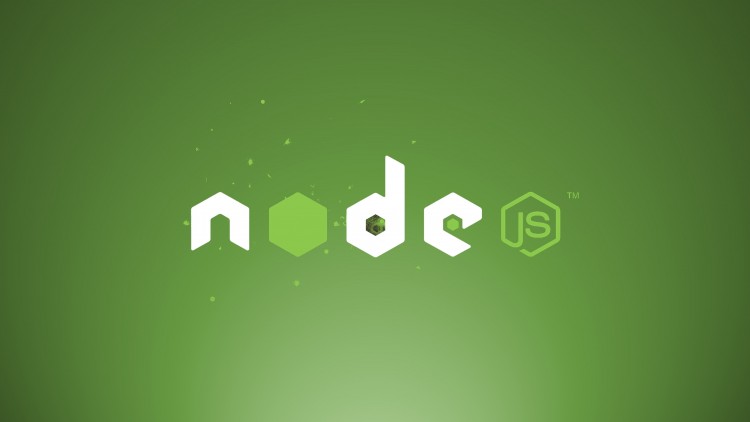
 Online course by
Anthony Alicea
Online course by
Anthony Alicea
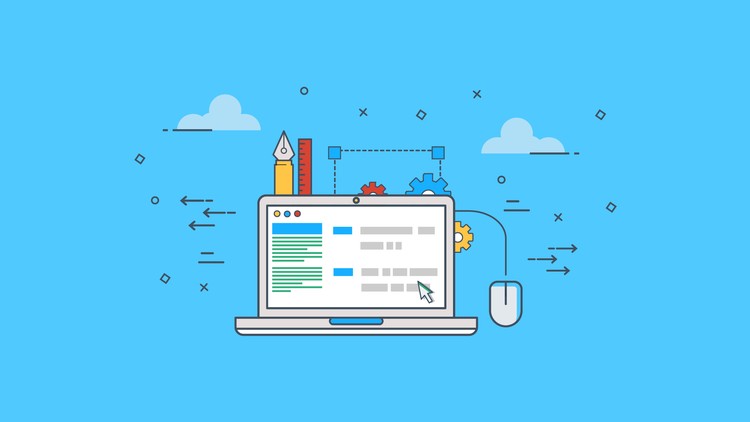
 Online course by
Stephen Grider
Online course by
Stephen Grider
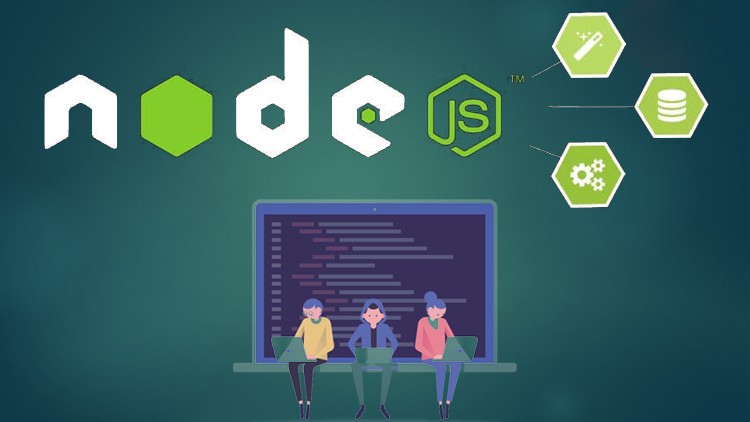
 Online course by
Mohamed Ferchichi
Online course by
Mohamed Ferchichi
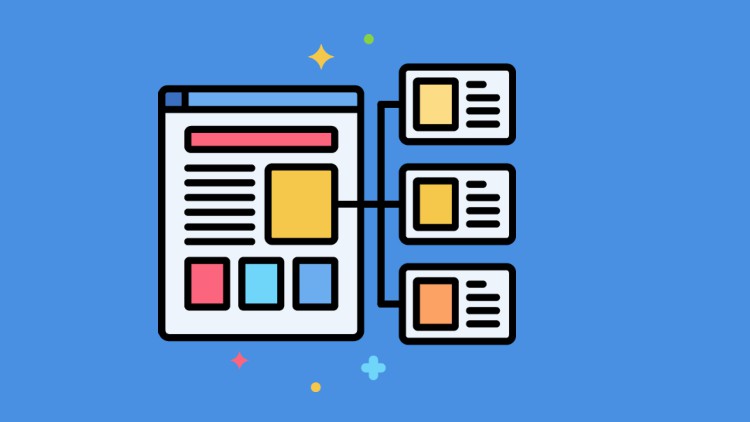
 Online course by
Bluelime Learning Solutions
Online course by
Bluelime Learning Solutions
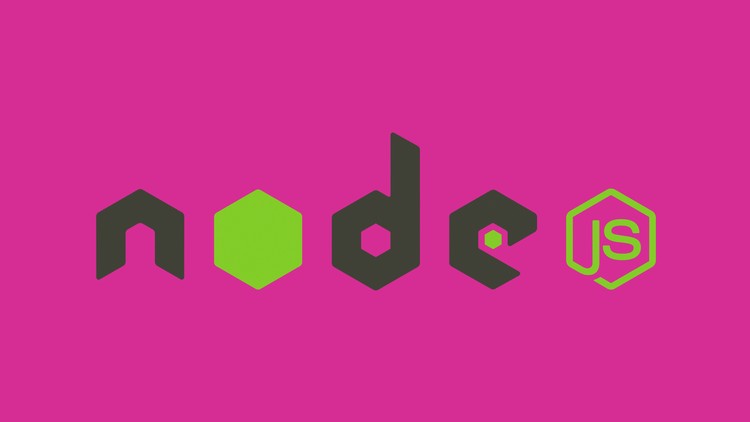
 Online course by
Edwin Diaz
Online course by
Edwin Diaz
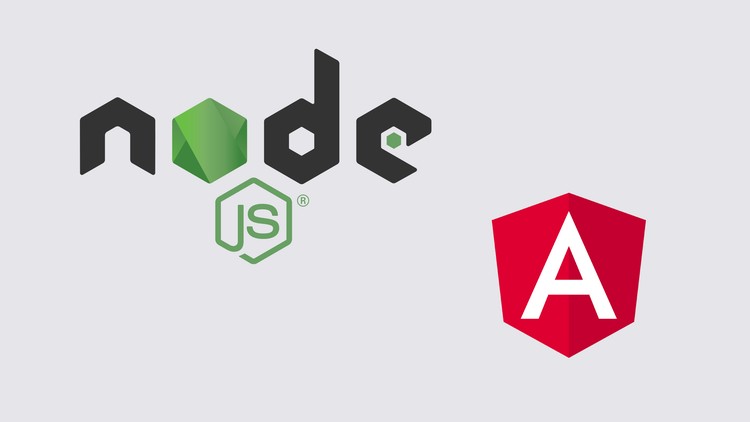
 Online course by
Edwin Diaz
Online course by
Edwin Diaz
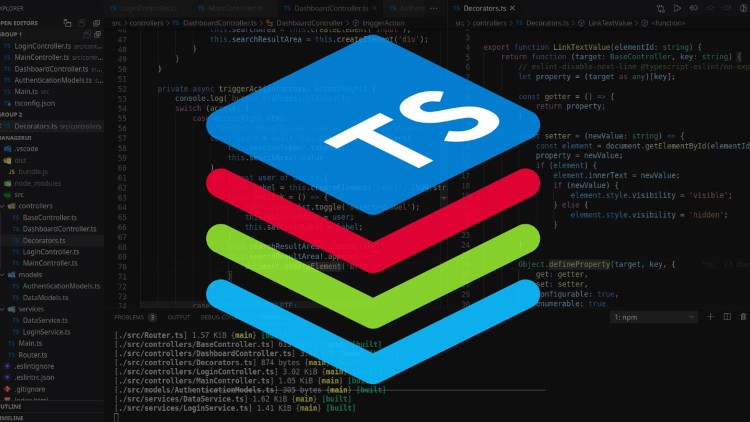
 Online course by
Alex Horea
Online course by
Alex Horea
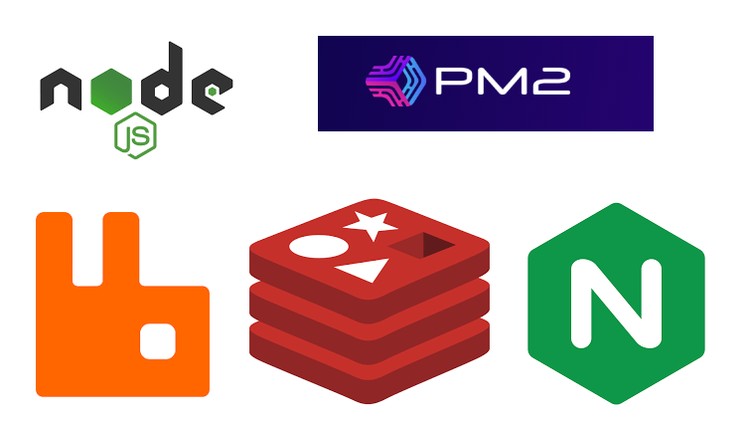
 Online course by
Pravinkumar Dabade
Online course by
Pravinkumar Dabade
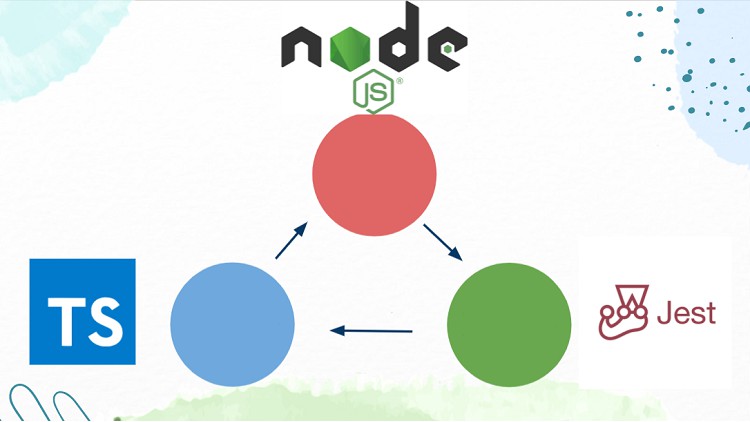
 Online course by
Josep Mir
Online course by
Josep Mir

 Online course by
Packt Publishing
Online course by
Packt Publishing
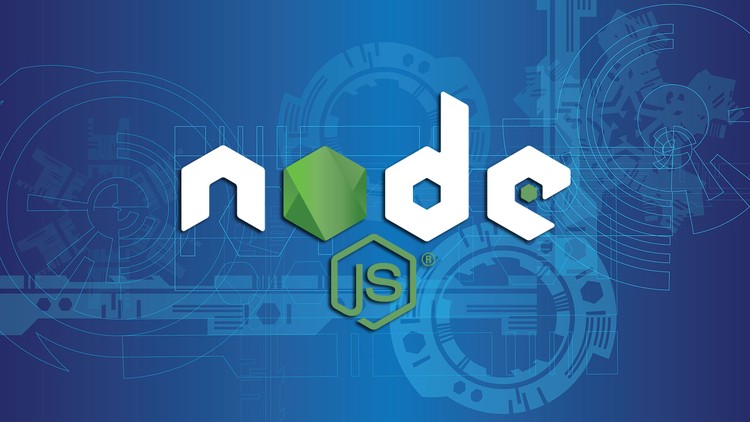
 Online course by
Ryan Dhungel
Online course by
Ryan Dhungel
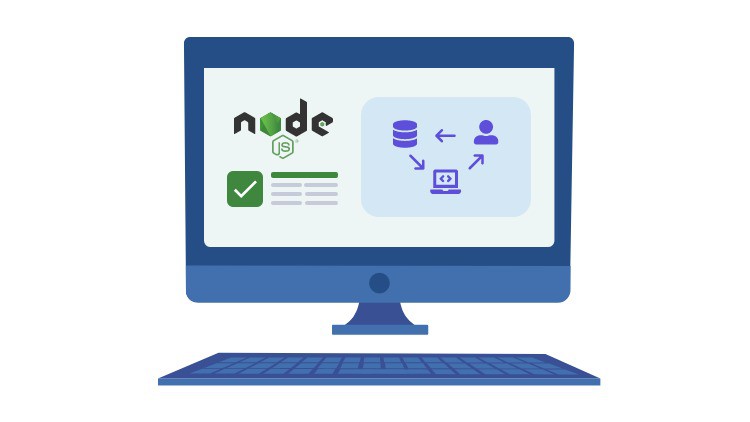
 Online course by
DSC VIT Powered by Google Developers
Online course by
DSC VIT Powered by Google Developers
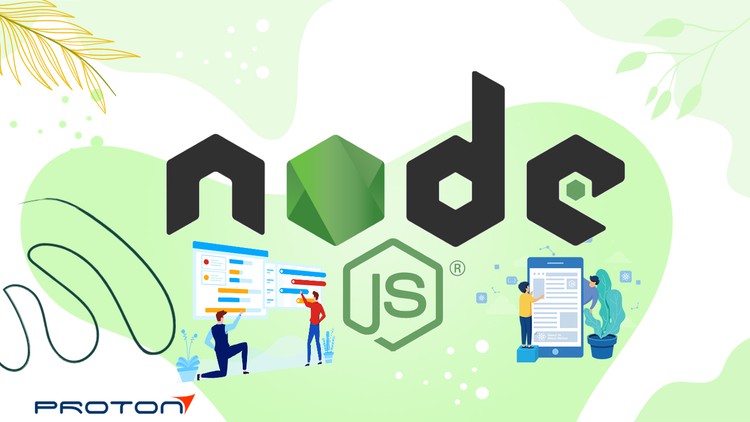
 Online course by
Proton Expert Systems & Solutions
Online course by
Proton Expert Systems & Solutions

